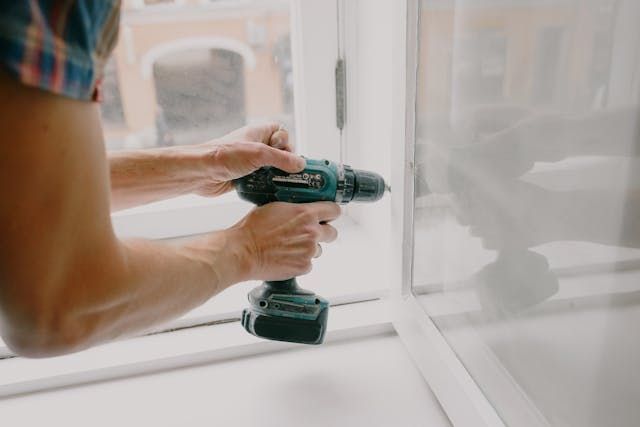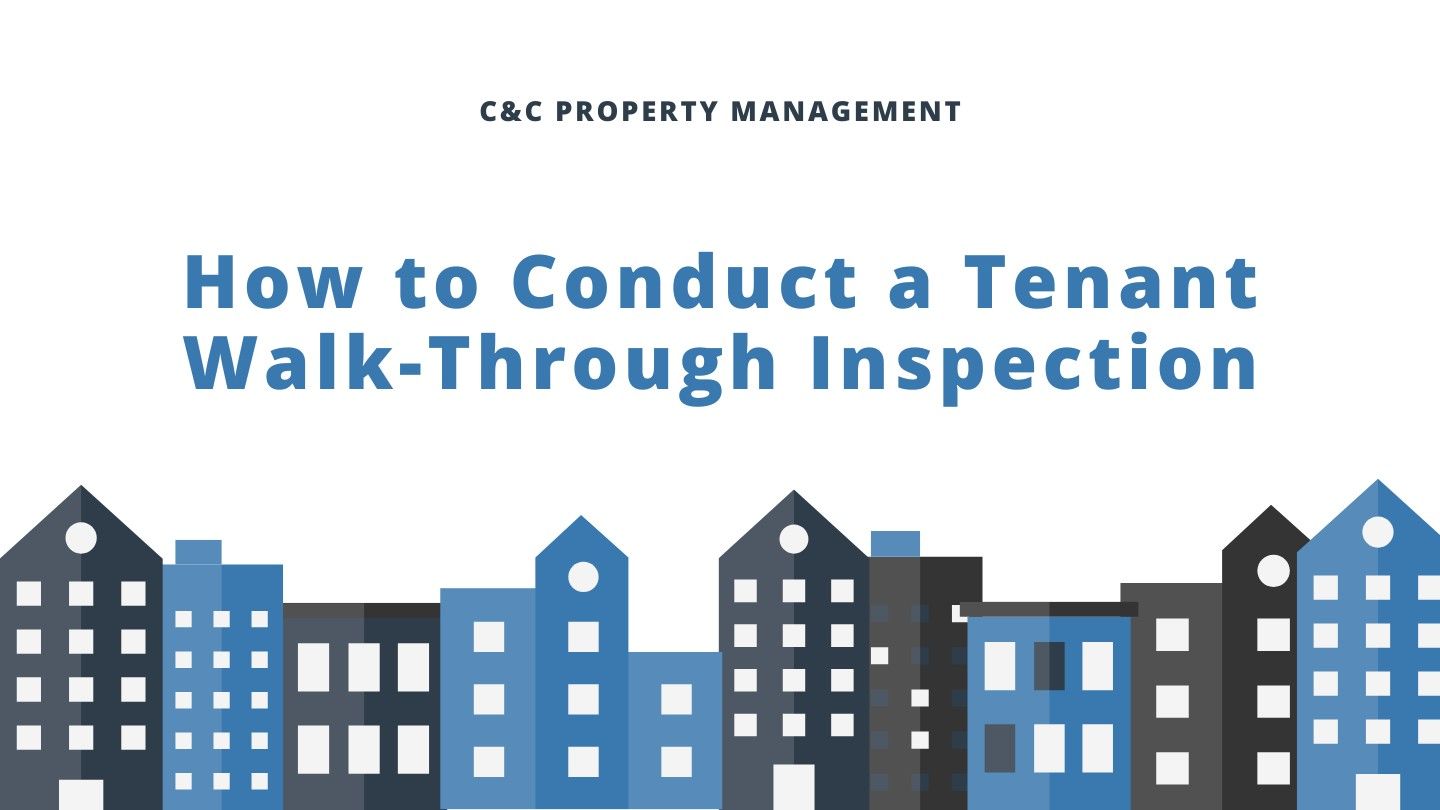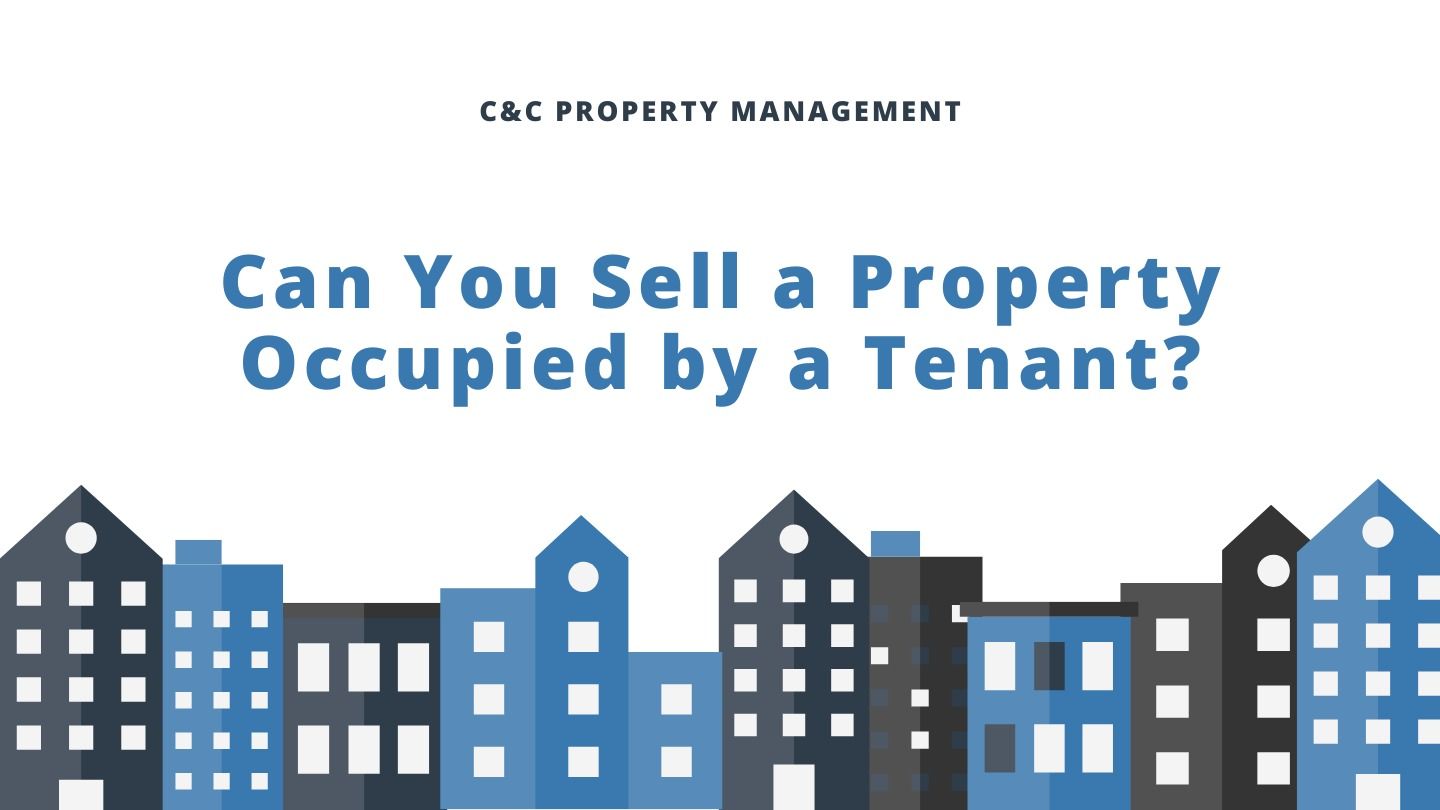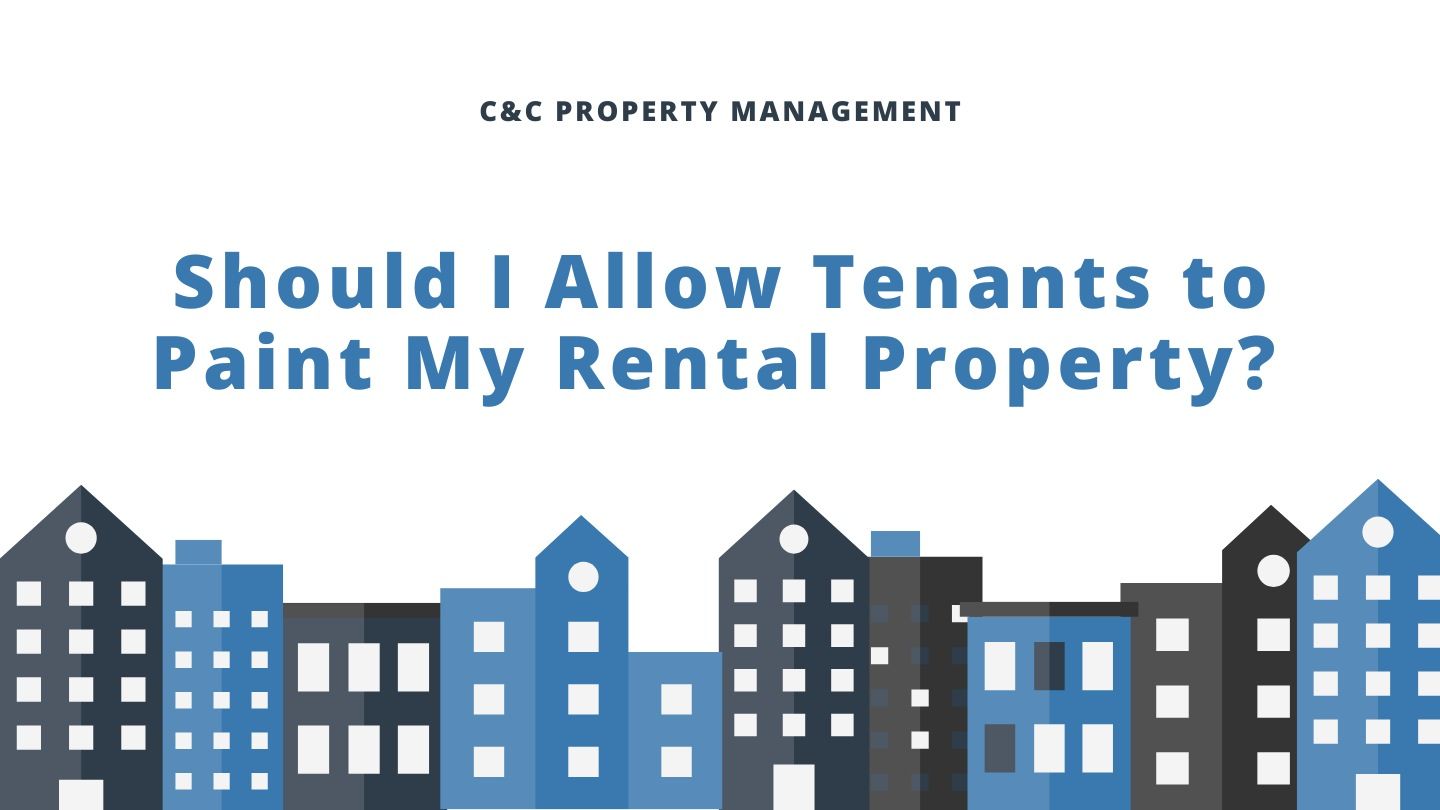Hiring a Property Manager vs. Self-Managing: What’s Better?
For rental property owners, the decision between hiring a property manager and self-managing can feel daunting. Both options come with their unique set of benefits and challenges. However, for many, the advantages of hiring a professional property manager often outweigh the appeal of handling everything independently.
In this guide we’ll breakdown the difference between self-managing your properties and working with professional management firms to help you decide which is better for your rental business.
Self-Management
When you choose to self-manage your rental properties, you’re essentially becoming a jack-of-all-trades. This includes finding and screening tenants, handling lease agreements, dealing with maintenance issues, collecting rent, and even managing legal and financial paperwork. Self-managing can be rewarding, giving you direct control over your investments.
Hiring a Property Manager
A property manager acts as a mediator between you and your tenants. They handle day-to-day operations and any issues that arise during the tenancy, which can range from emergency repairs to tenant complaints. Moreover, property managers are well-versed in local real estate laws, ensuring that your property complies with regulations, thus shielding you from potential legal issues.
Why Consider a Hiring Property Manager?
Hiring a professional property manager to handle all your day-to-day rental property management tasks is a more practical option. There are several reasons why we recommend this, including:

- Saving Time - Property management can be a full-time job, especially if you own multiple properties or units. By delegating these responsibilities to a professional, you free up your schedule to focus on other business ventures, personal commitments, or simply enjoying more leisure time.
- Industry Experience - They are skilled in
market analysis, setting competitive rent prices, marketing properties effectively, and vetting potential tenants. This expertise often leads to shorter vacancy cycles, reliable tenants, and better tenant retention.
- Reduced Legal Worries: Property managers are familiar with landlord-tenant laws, fair housing regulations, and local compliance requirements. Their expertise in these areas can protect you from potential lawsuits and legal headaches.
- Effective Tenant Screening: A thorough screening process leads to reliable tenants who pay on time, rent longer, put less wear and tear on the unit, and generally cause fewer problems. Property managers have the experience, resources, and time to screen tenants effectively.
- Better Tenant Relations: Property managers serve as the point of contact for tenant concerns and emergencies. They are often better equipped to handle such situations professionally and promptly, which helps in maintaining good relations with tenants.
Happy tenants are more likely to renew their leases, which translates to lower turnover rates and costs.
- Maintenance and Repair Management: Property managers have established relationships with contractors and maintenance workers, often obtaining price breaks on services, which can mean lower costs for property upkeep. Handling maintenance requests promptly and effectively keeps tenants happy and preserves the value of your investment.

Considerations for Self-Managing
While the benefits of hiring a property manager are compelling, self-management might still appeal to those who have a small number of rental units, live close to their properties, or enjoy hands-on management.
While self-managing your rental properties can offer autonomy and potential savings, it also carries several risks that can impact both your financial health and personal well-being. Here are some of the key risks associated with self-management:
- Inadequate Tenant Screening: Without the proper tools and experience, residential landlords may find it difficult to conduct thorough background checks. Inadequate screening can lead to selecting tenants who frequently default on rent or are disruptive, potentially leading to higher eviction rates and legal complications.
- Financial Inefficiencies: Self-managing landlords may not have the expertise or resources to effectively market their properties, potentially leading to longer vacancy periods. Additionally, poor handling of rental price negotiations can result in lower-than-market rental income. Managing budgets for maintenance and repairs without the negotiating power or connections of a property manager could also mean higher costs.
- Time Management Challenges: Property management is time-consuming, particularly if it's not your full-time job. Landlords who self-manage must juggle tenant issues, maintenance requests, and administrative tasks alongside their personal and professional responsibilities. This can lead to burnout and a lack of work-life balance.

- Delayed or Improper Maintenance: When landlords handle maintenance issues themselves, there's a risk of delays or improper repairs due to lack of expertise or time. This can cause dissatisfaction among tenants and may result in damage to the property's value and condition over time.
- Legal and Compliance Issues: One of the most significant risks of self-managing is the potential for legal mistakes, including non-compliance with housing laws and regulations. Landlords need to stay updated on all relevant laws, which can vary greatly by region and are frequently updated. Mistakes or oversight can lead to hefty fines and even lawsuits.
Making Your Decision
Ultimately, the choice between hiring a property manager and self-managing will depend on your specific circumstances, including the number of properties you own, whether you're a long-distance landlord, your experience in real estate, and your willingness to engage in the day-to-day operations of property management.
However, if you value your time, prefer expert handling of legal and financial matters, and wish to maintain and potentially increase the value of your rental properties with minimal hassle, hiring a property manager is likely the better option. This route not only provides peace of mind but also ensures professional management of your investment, which can lead to increased profitability and property value over time.
Bottom Line
While both options have their merits, the benefits of hiring a property manager often surpass the challenges and limitations of self-managing. For those looking to maximize their investment with less personal day-to-day involvement, talk to a professional property management company like C&C Property Management!








